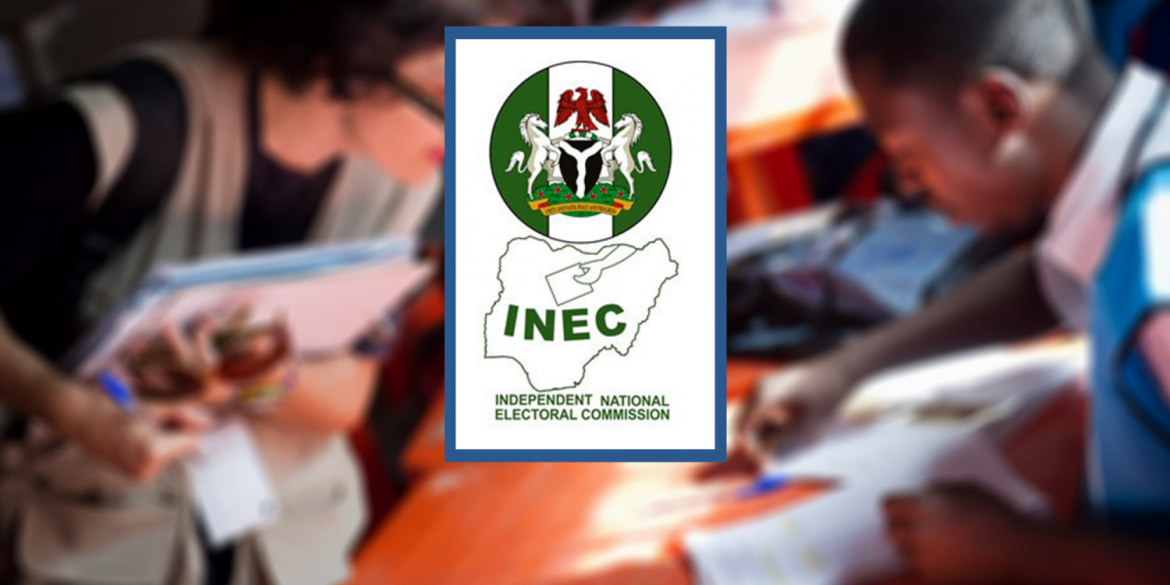POLITICS

INEC UNDER FIRE AS 2027 CAMPAIGN POSTERS FLOOD STREETS DESPITE ELECTORAL BAN
Nigerians have expressed outrage as campaign posters and billboards for the 2027 general elections continue to appear across major cities, despite an existing ban on early political campaigns.
The Independent National Electoral Commission (INEC) is being accused of failing to rein in political parties, particularly the ruling All Progressives Congress (APC), whose campaign materials have surfaced nationwide.
Residents in Abuja recently woke up to see massive billboards of President Bola Tinubu and First Lady Remi Tinubu with the inscription: “Grassroots Support for Tinubu 2027.” The posters, seen as a premature announcement of Tinubu’s second-term bid, have stirred widespread debate about the enforcement of electoral laws in Nigeria.
While some argue that such campaign materials may be the handiwork of overzealous supporters or political opponents seeking to cause trouble, many question the silence of advertising regulatory agencies that allowed the posters to go up in the first place.
Reports also show that similar “Tinubu Continuity 2027” billboards, sometimes featuring other politicians like Governor Umar Namadi, have been mounted in public spaces across several states. On social media platforms such as X, Facebook, TikTok, and Instagram, campaign-themed songs, skits, and hashtags have also become increasingly common.
Despite INEC’s previous warnings against early campaigns, the Presidency denied involvement in the materials and ordered their removal — an order largely ignored.
According to Section 94(1) of the Electoral Act 2022, campaign activities are only permitted 150 days before polling day and must end 24 hours before the election. However, former INEC Chairman Prof. Mahmood Yakubu explained that the law provides no clear sanctions for campaigns starting earlier than that period, leaving the Commission powerless to act decisively.
“There is no sanction whatsoever concerning breaches for campaigns earlier than 150 days to an election. Here lies the challenge for the Commission,” Yakubu said during a recent roundtable discussion in Abuja.
Political analysts argue that the loopholes in the Electoral Act have emboldened politicians to act with impunity. Former INEC Chairman Prof. Attahiru Jega called for urgent reforms to close these gaps, including stricter definitions of campaign offences and harsher penalties for violations.
He also recommended the establishment of an Elections Offences Commission and Tribunal to handle electoral breaches before the 2027 polls.
Civic groups have voiced frustration over the lack of accountability. Mrs. Ene Obi, Convener of the Situation Room and former ActionAid Country Director, lamented Nigeria’s poor adherence to the rule of law.
“In Nigeria, we don’t keep laws. INEC has not announced the timetable yet, but people are already campaigning. Even when INEC should act, they often tell you to go to court,” she said.
Similarly, Yunusa Tanko, National Coordinator of the Obidient Movement, accused the government of setting a poor example.
“The ruling party is already campaigning. It’s a breach of the Electoral Act, and they should be held responsible,” he insisted.
Meanwhile, the National Assembly is considering an amendment to the Electoral Act 2022, which could shift the next general elections to late 2026 — six months earlier than the current February 2027 timeline.
The new INEC Chairman, Prof. Joash Amupitan, recently confirmed by the Senate, has promised to rebuild public confidence through voter education and stricter enforcement as preparations for the next elections gather pace.
For now, Nigerians continue to question whether INEC has the power — or the political will — to keep the nation’s electoral process fair, lawful, and credible.
"This represents a significant development in our ongoing coverage of current events."— Editorial Board









